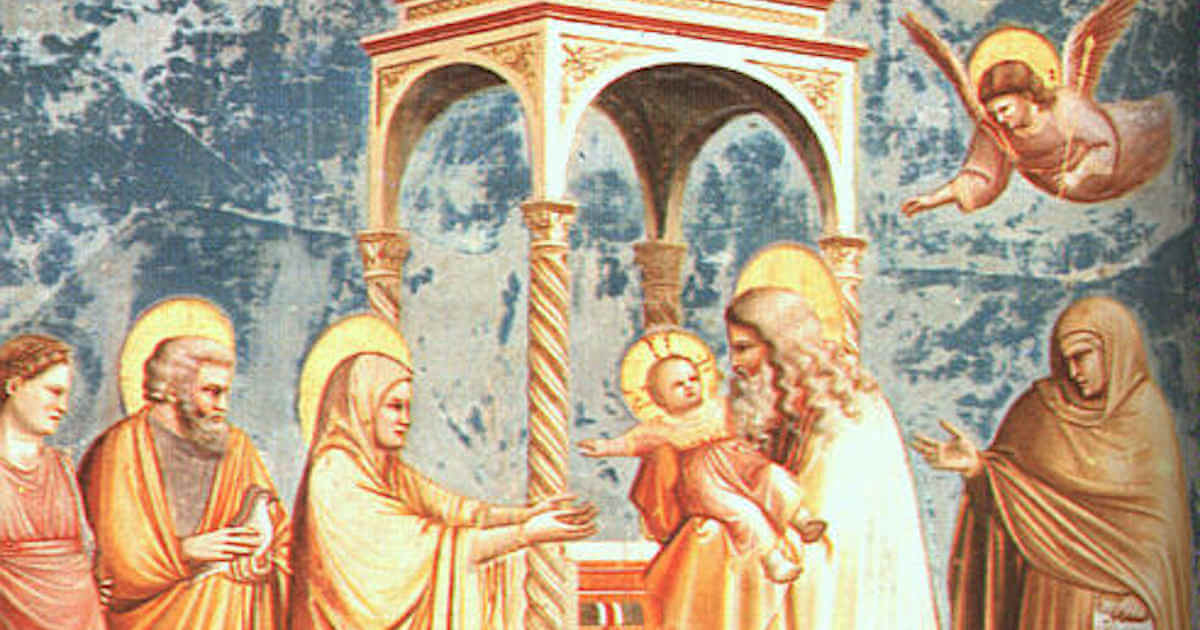In the past, we have spent some significant time, as a publication and, indeed, as the Diocese as a whole, discussing and dissecting Pope St. John Paul II’s landmark 1988 apostolic exhortation, Christifideles Laici (The Lay Faithful of Christ). The saint taught that no member of the lay faithful can “remain in isolation from the community, but must live in a continual interaction with others.” (CL 20) The marrow of the apostolic teaching has been diminished in the world that still, and perhaps more than ever before, sees jobs, functions and ritual activities in the Church as roles that are given to those who are ordained or paid to perform them. The apostolic exhortation is based on the 20th chapter of the Gospel of Matthew. The Gospel parable sets before our eyes the Lord’s vast vineyard and the multitude of persons, both women and men, who are called and sent forth by Him to labor in it. The vineyard, of course, is the whole world, (cf. Mt 13:38) which is to be transformed according to the plan of God in view of the final coming of the Kingdom of God.
In our times, the Church, after Vatican II, in a renewed outpouring of the Spirit of Pentecost, has come to a more lively awareness of her missionary nature and has listened again to the voice of her Lord who sends her forth into the world as “the universal sacrament of salvation.” (Vatican II, Dogmatic Constitution on the Church: Lumen Gentium, 48)
You go into the vineyard too. (Mt 20:4) The call is a concern not only of priests, clergy and men and women religious. The call is addressed to everyone. Laypeople, as well, are personally called by the Lord from whom they receive a mission on behalf of the Church and the world. In preaching to the people, St. Gregory the Great recalls this fact and comments on the parable of the laborers in the vineyard: “Keep watch over your manner of life, dear people, and make sure that you are indeed the Lord’s laborers. Each person should take into account what he does and consider if he is laboring in the vineyard of the Lord.” (Hom. in Evang. I, XIX, 2; PL 76, 1155)
So many of us have lost sight of the universal vocation. We have, in many ways, reduced the vocation to holiness and mission, to a job that belongs to priests or religious or lay ministers (in short, professional “Church people”). Christifidelis Laici spends considerable amounts of time in efforts to address the various roles of members of the Church. The ministry of the laity is to represent Christ and His Church; to bear witness to Him wherever they may be; and, according to the gifts given them, to carry on Christ’s work of reconciliation in the world; and to take their place in the life, worship and governance of the Church.
We all assume a great deal of excitement or enthusiasm at the times of priestly or diaconal ordinations, or the perpetual professions of vows for religious. We often lose sight of the absolute and immeasurable value of baptism in all our lives. We often find “status” in the world to be an important element of “status” in the Church. Who we are and what we do somehow determines our “position” in the Church. The universal call to holiness that was made clear by Vatican II springs from our baptismal membership in the mission of Christ, namely the evangelization of the world and claiming it for Christ Himself. This is the job of the Christian—not simply the job of a priest or religious or lay minister. It is the work of the Church. It is our work.
I am often asked: “Bishop, what’s your favorite thing about being a bishop?” I always respond: “My favorite thing about being a bishop is to ordain new priests.” It is such a thrill for me to celebrate the sacraments, but to ordain new priests—what a joy. The second most favorite is celebrating the sacrament of confirmation. There is the joy of recognizing the gift of baptismal life growing in God’s people and seeing the call to holiness brought to life within the young people anointed—confirmed in the gifts of the Holy Spirit. The future of the Church is so vibrant in those sacraments—it is the call to holiness.
My hope is that the future of the Church—that is God’s holy people—remains the clear mission of Jesus. The opportunity to celebrate Christ’s vision for the world—the opportunity for all of us to live as priestly people. To share the glory of our baptism and the joy we have to make the glory of God manifest in our lives!
Most Reverend William Patrick Callahan
is the bishop of the Catholic Diocese of La Crosse
Published in the [September/October 2021 Issue of Catholic Life Magazine

